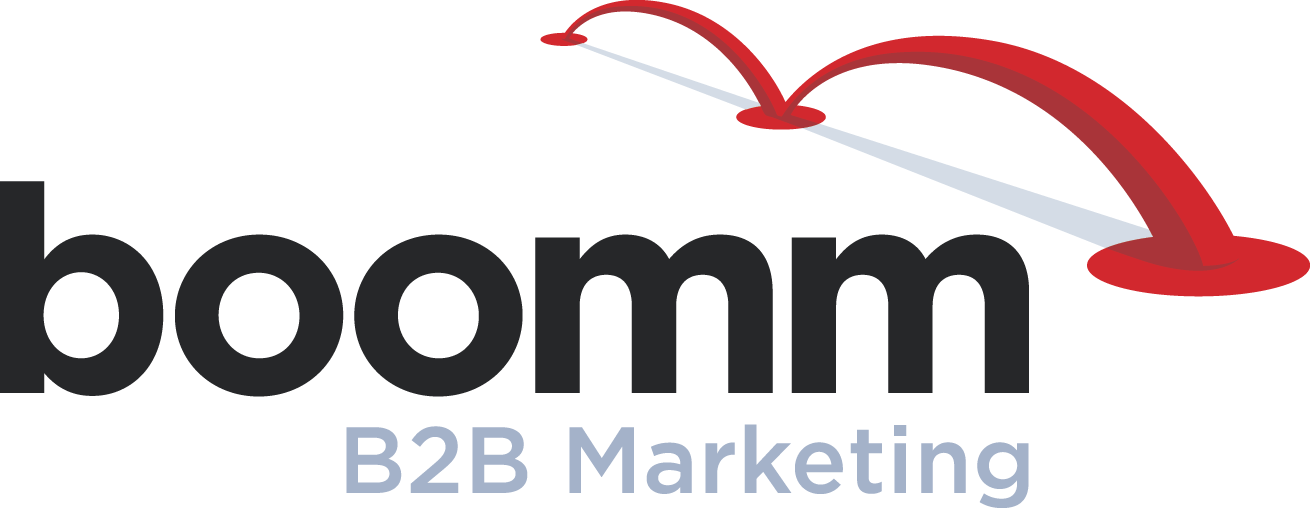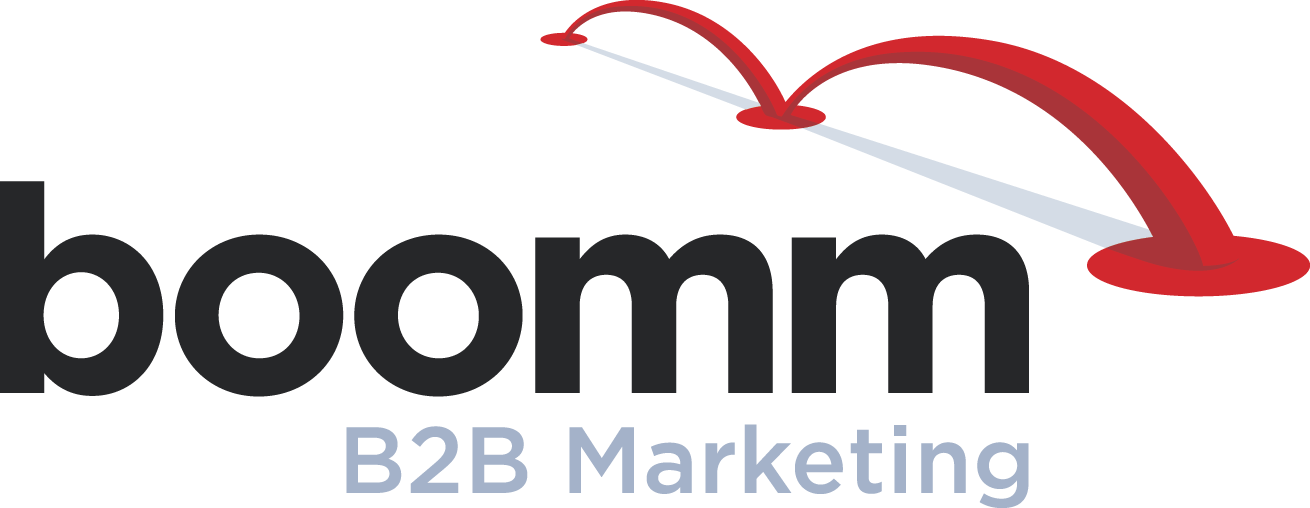5 Ways to Use Off-Page SEO to Get to the Top of Google
Due to the recent Google Hummingbird algorithm update, many B2B marketers are looking for additional ways to bolster their SEO efforts. Marketers who know how to leverage off-page SEO tactics can help ensure that their website will reach the top of Google’s search rankings.
Off-page SEO is all about building online authority for your website, and has long been defined by the quantity, quality and relevance of inbound links to your website. While there are many ways to build a diversified portfolio of inbound links, most businesses really only need to focus on 5 tactics: Employing modern link building techniques, creating compelling content, using co-marketing, leveraging social media and practicing effective PR.
Modern Link Building
Modern link building focuses on high-quality, original content that provides value to users and incorporates an involved audience.
Although this type of link building isn’t easy or quick, it is the best safeguard against future search engine algorithms, as authoritative, well-managed websites are the type of sites that search engines want to see rank highly in their results. High-quality, unique content on a website that builds links can come in many forms, such as:
- Company Blogs: Create appealing content that other people will want to link to.
- Guest Blogging: Write valuable posts for other websites to obtain links back to your business.
- Visual Content: Design powerful or entertaining images and videos that lead people to link to your website.
- Product Launches: Build anticipation around a product launch to inspire people to talk about your business – and link to your site.
Link building can also come from building a targeted and involved community. The more regular visitors a website has, and the more passionate those fans are, the more likely they will read, share and link to it.
Compelling Content
Yes, optimizing for off-page SEO is still about content marketing. After all, without content it’s hard to earn those links. The best way to earn relevant links from other sites is to create unique, relevant content that can quickly gain popularity online, particularly with your target audience. The more useful, relevant and compelling your content is, the greater the chances someone else will find that content valuable and link to it.

Your content must align with your target audience – that persona that surmises your ideal customer. Content must also be authentic and unique, and ultimately solve a problem or answer a question. That content should also be easily sharable which, combined with solid on-page SEO best practices, makes for awesome “link bait.”
Co-marketing
Co-marketing defines the efforts of cross promoting, networking and community building. It’s a partnership between two or more companies in which both companies jointly market each other’s content, products or services.
The great thing about co-marketing is that you have access to another company’s social networks, prospects, leads and/or customers, which ultimately increases your reach. And what could be better than having one or more companies commenting about the content that you are creating, especially since it benefits them too? It’s brilliant.
Social Media
Social media hasn’t always been on the radar as part of off-page SEO. When it first became popular it was often used inappropriately (still is by some today). Many businesses basically spammed social networks and followers instead of putting real thought and work into it. To them, social media was just one more way to get links. Social media is replacing forums and blog commenting – and provides an opportunity to have real conversations.
Public Relations
When you think of PR, you may think of it as just blasting an announcement at multiple news sources. However, well-planned and optimized PR can be awesome for your SEO efforts. PR should promote dialogue-driven content to improve a brand’s organic search engine results. Effective PR outreach should include more than the traditional publication channels. Your strategy should include outreach to bloggers, industry influencers and social media leaders.
To learn more ways to get your website to the top of Google, download our free ebook.



